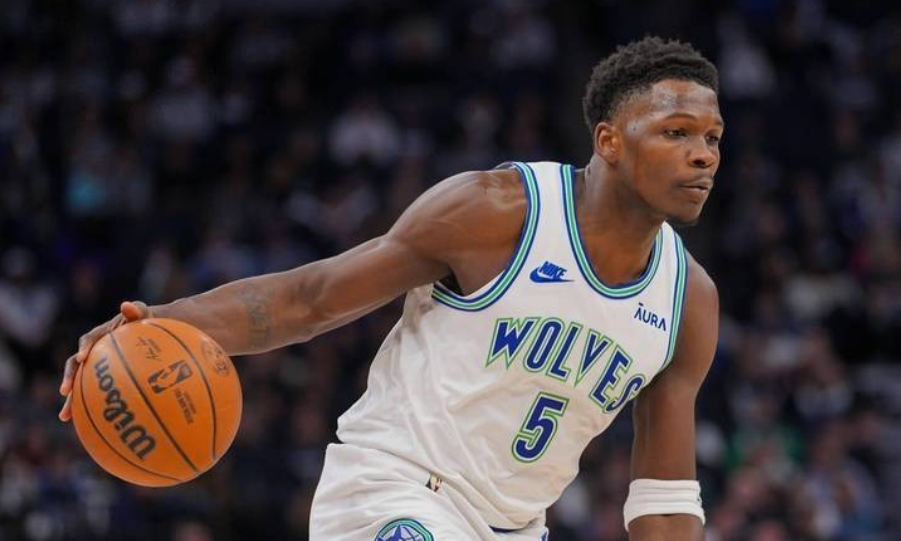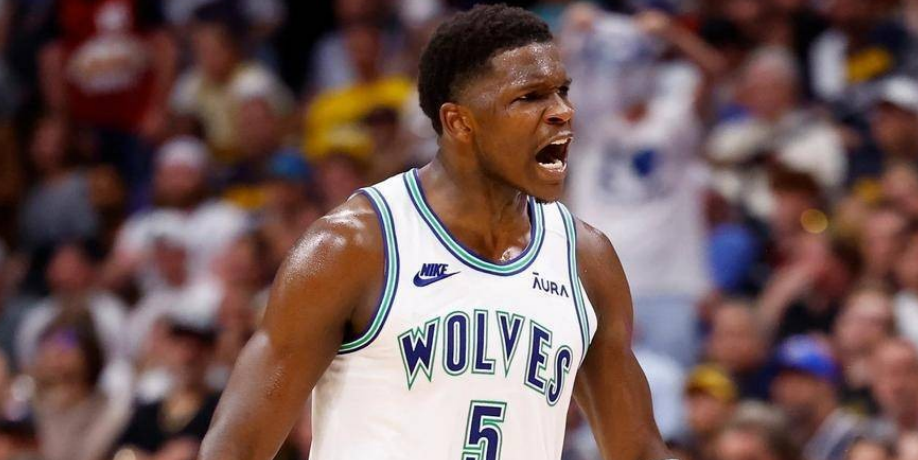Anthony Edwards responded strongly and directly to the criticism from his Minnesota Timberwolves head coach, who publicly criticized him for playing too much one-on-one and ignoring tactical arrangements after a game. He made it clear that he does not believe it is necessary to pass the ball to teammates who perform weakly and have a negative attitude during the game.

Edwards pointed out that if his teammates can show the necessary toughness and positivity on the defensive end, he would be willing to pass to them and contribute to the team's victory together. However, when he sees some of his teammates not even bothering to stretch their hands during defense, such an attitude towards the game makes it impossible for him to accept, let alone entrust them with valuable ball possession.

He believes that if his teammates do not take the game seriously, then he has no reason to pass the ball to them, nor will he follow the coach's advice to change this approach.

Edwards' remarks demonstrate his firm stance and tough attitude; he did not compromise despite the coach's criticism. As one of the outstanding young players in the NBA, Edwards has become a box office guarantee for the Timberwolves with his excellent skills and immense potential. This identity and status give him enough confidence to engage in dialogue with the coach and even insist on his position on certain issues.
Looking back at NBA history, we find that conflicts between coaches and star players are not uncommon. However, most of the time, when coaches confront star players, it often does not end well. When faced with such situations, management usually chooses to support their star players because they understand the importance and value these players bring to the team.
Even Phil Jackson, a renowned NBA coach, briefly left the Lakers after clashing with Kobe Bryant. This historical lesson may also make the Timberwolves' management more cautious and wise in dealing with the conflict between Edwards and the head coach.